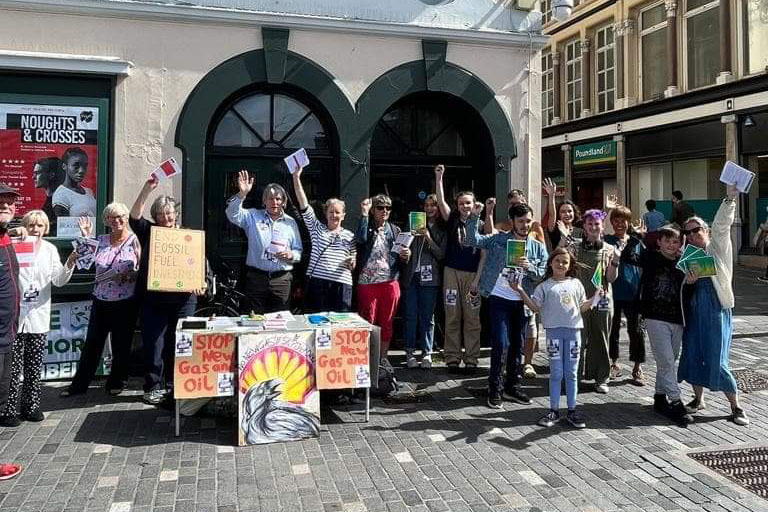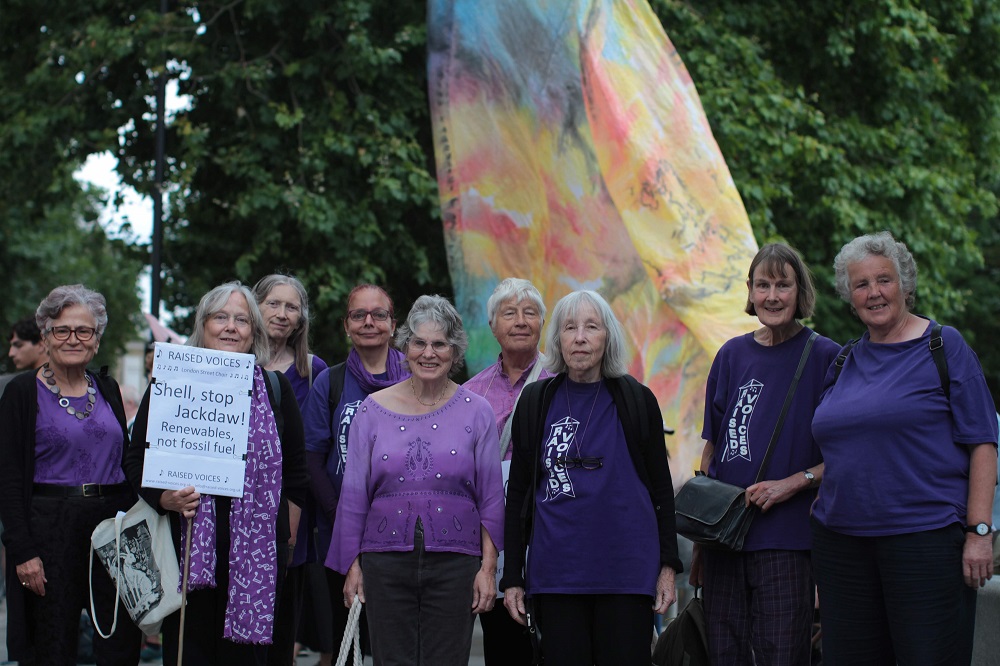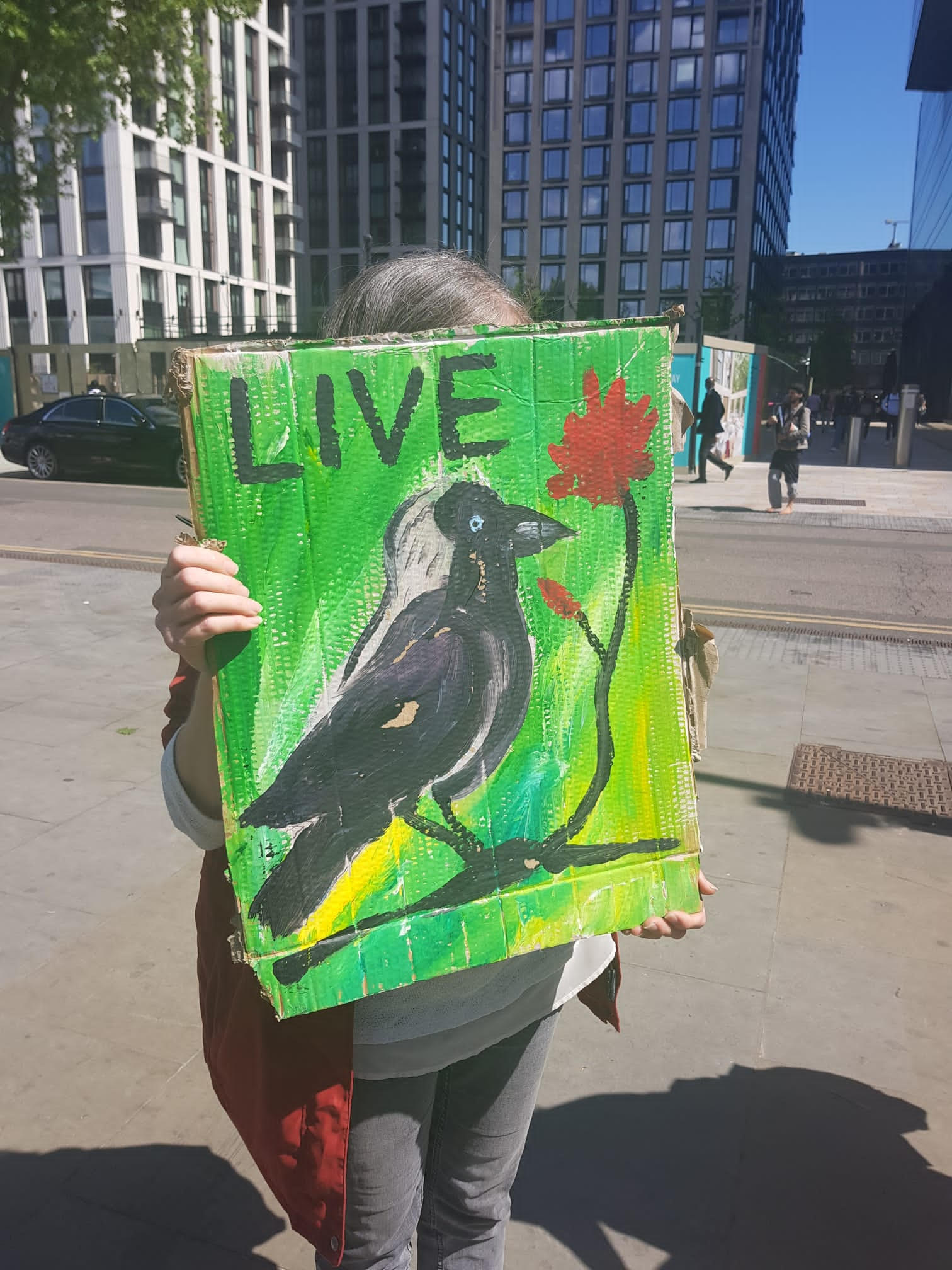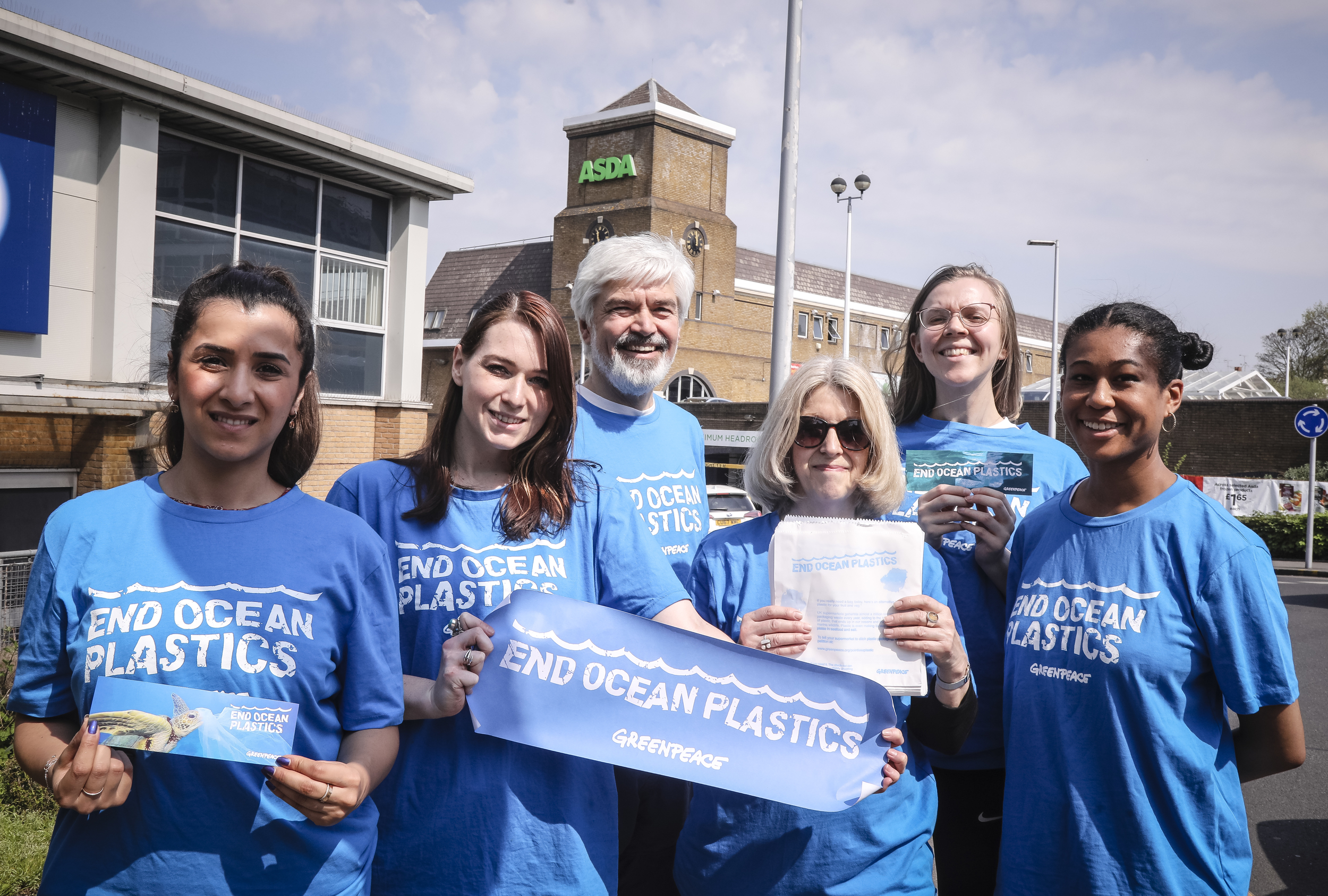Picketing, protesting and khadi cloth were just some of the things that landed my grandfather in prison at the hands of the British empire.
He and his friends were followers of Gandhi, and they spent at least 21 years using peaceful methods to resist British rule, until the partition of India in 1947. They bought land together, grew food, spun and wove cotton khadi, sold goods to counter British imports, and picketed and protested as part of their resistance. Added together, he spent around three years in prison for his activism.
My grandfather’s story echoes those of others who’ve fought hard for a different future. Whose activism pushes for justice and equity for marginalised groups. Yet, while his story fascinates, it haunts me too. The courage to take action in such a direct way evades me – despite it being in the blood.
‘Activist’ has never felt like a label I can claim, or even pulled to claim. Even though urgent action is needed for nature and its people. Even though there is huge public support for environmental activism. And even though taking action is a key ingredient for easing climate anxiety and bolstering hope too.
Since writing about environmentalism, I’m struck by how many pathways there are to taking action. We each have differences in our individual circumstances, skills and strengths that push us towards one approach or another.
The environmental movement has many roles and it needs all types of action too. Yes, direct action like marches and protests. And also: donating, volunteering, signing and sharing petitions online, lobbying your MP, leading the way through your job and much more.
To see how differently people approach it, I asked Greenpeace volunteers what activism means to them. Read on to discover their thoughts.









